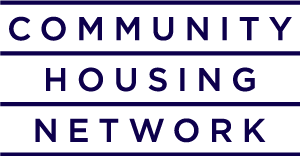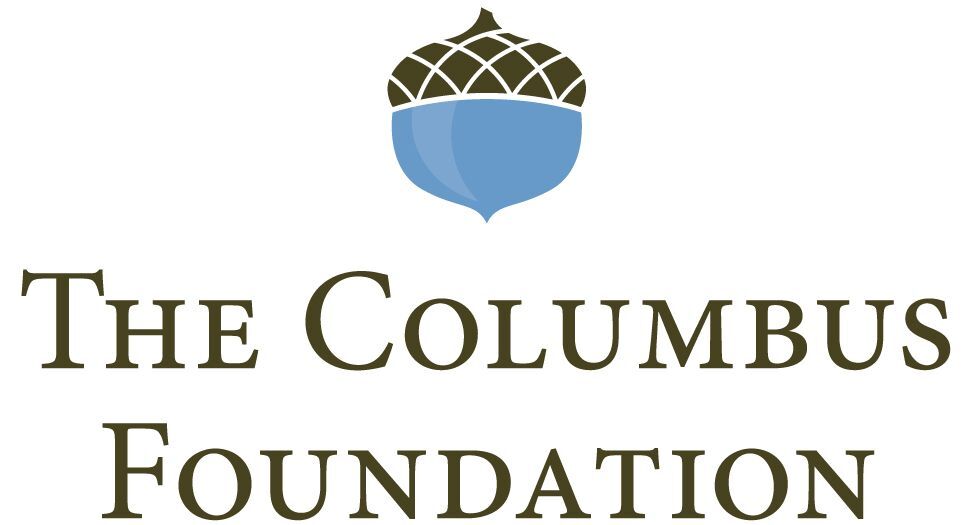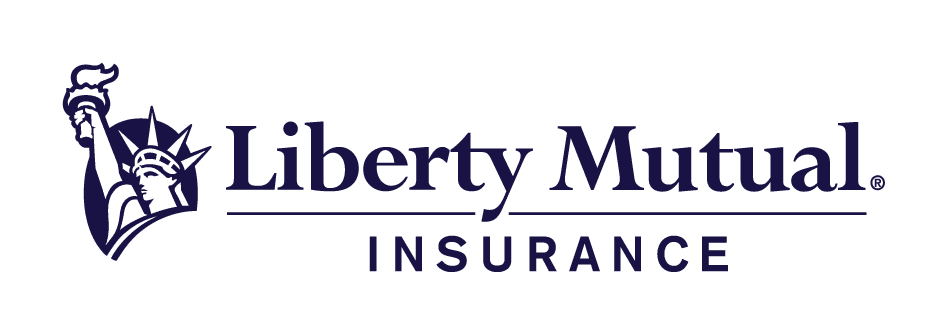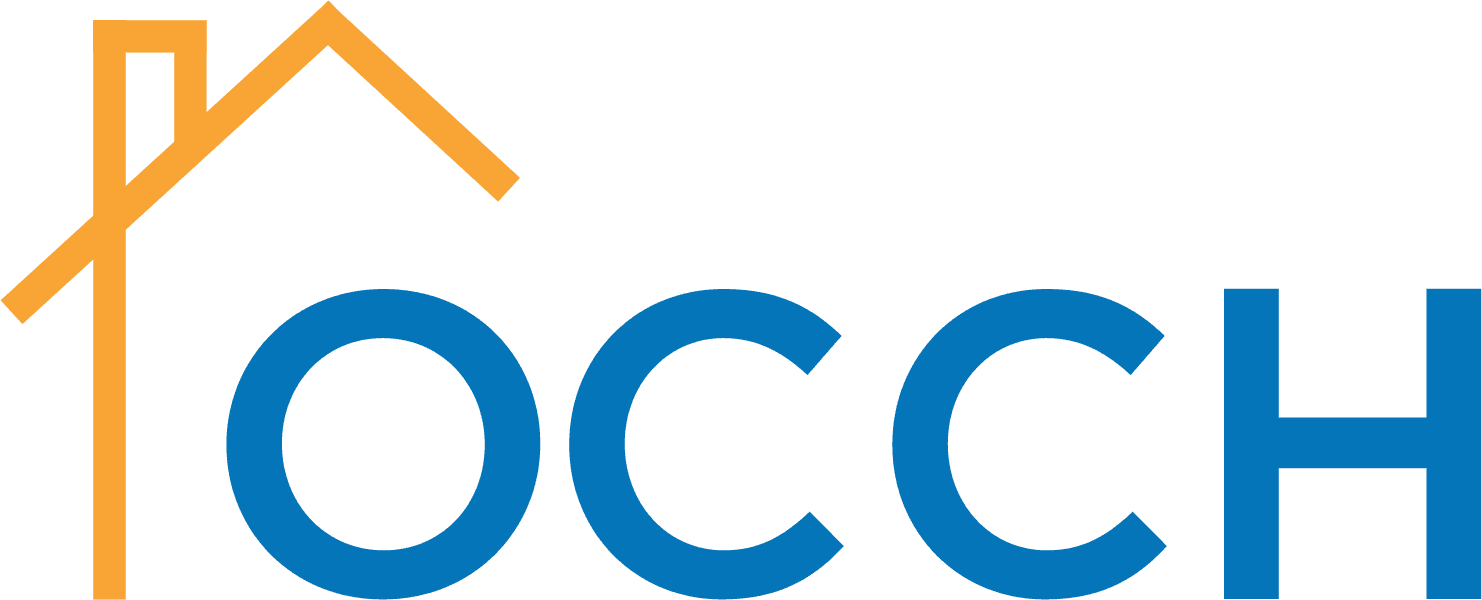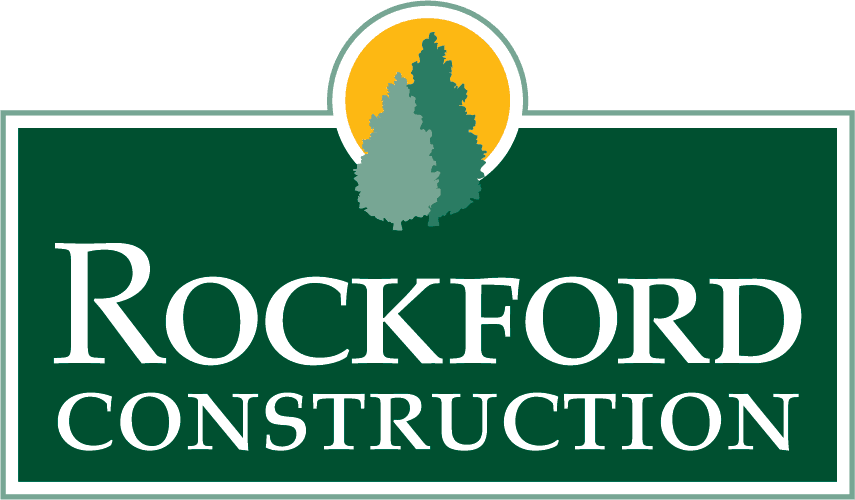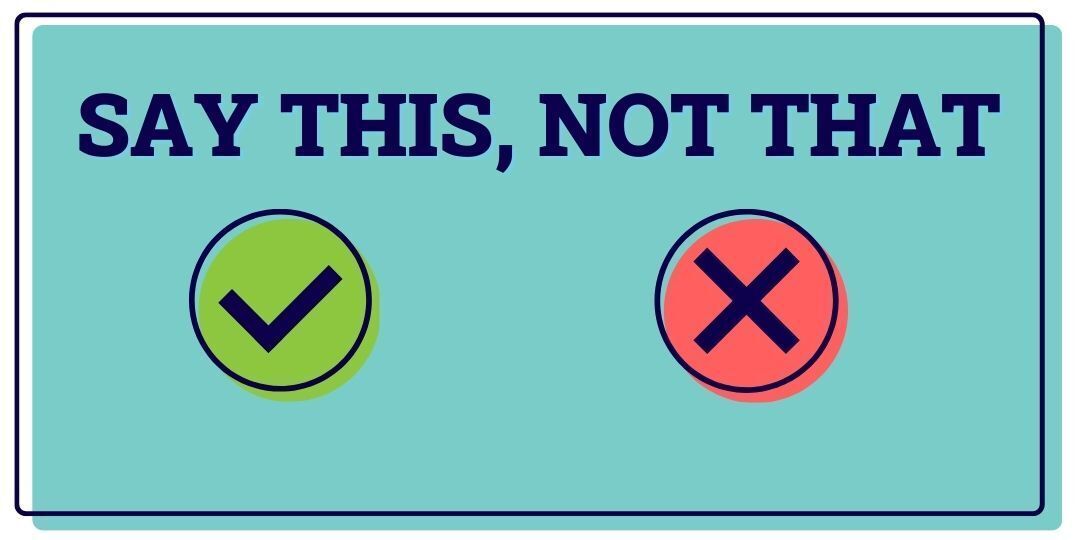
We live in an ever-changing world, and it can feel like there are new terms and phrases we should be educating ourselves on daily. It can be hard to know how to respectfully refer to people who are dealing with homelessness, addiction, and mental illness, and sometimes, staying up to date on what’s “politically correct” can feel like a chore. So, you’re probably thinking, why keep up with it at all? Our answer is simple. When you choose to underscore the person before their hardship, you’re making that person feel seen for who they truly are—a human being, not a struggle. So, is it worth it? Every single time.
Here are a few small changes we encourage everyone to apply to their everyday vocabulary:
WHEN TALKING ABOUT HOMELESSNESS
Instead of saying
- homeless people
- the homeless
- transient populations
Say
- people experiencing homelessness
- people experiencing unstable housing
- people experiencing housing insecurity
WHEN TALKING ABOUT ADDICTION
Instead of saying
- drug users
- addicts
- drug abusers
- alcoholics
- alcohol abusers
- smokers
Say
- people who use drugs
- people with substance use disorder
- people with alcohol use disorder
- people who smoke
WHEN TALKING ABOUT MENTAL ILLNESS
Instead of saying
- mentally ill
- crazy
- insane
- mental defect
- suffers from [condition]
- asylum
Say
- people with a mental illness
- people with a mental health disorder
- people with a diagnosis of a mental illness
- psychiatric hospital/facility
Someone experiencing any of these issues is just that—someone. They are human beings first, and it's important to emphasize that in the language we use. When you use person-first language, you help dismantle stigmas and create a more compassionate community.
